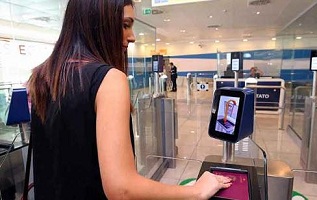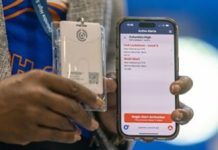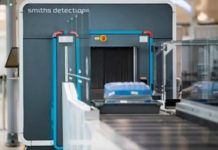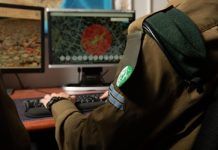The Transportation Security Administration has said that it has no plans to make biometric identity-verification mandatory, although the agency continues to study and pilot different technologies to make passenger screening more efficient. Acting Deputy Administrator Patricia Cogswell said the agency is aware of the security risks of using and storing personal and biometric information such as fingerprints and facial scans, a concern highlighted after the recent breach of biometric data at another Department of Homeland Security branch.
Customs and Border Protection said earlier this month that photos of up to 100,000 travelers stored in a contractor database had been compromised. The agency said none of the compromised data was from airline passengers.
TSA is testing a biometrics system, including at the busy Atlanta airport, that uses Customs and Border Protection databases to verify customers’ identities when they check in, pass through security and board their flights. The ultimate goal: Eliminate the need to carry a boarding pass, passport or other identification — with cameras and computers verifying travelers’ identities.
Cogswell said the agency is working closely with Customs and Border Protection and is examining “exactly what were the details about how (the breach) happened so we can put procedures in place that would better protect going into the future.” “I think this is an area where TSA has long recognized that we need to do it but it’s not without risk,” she said.
Cogswell is running day-to-day operations while Administrator David Pekoske fills in as deputy secretary at the Department of Homeland Security. She noted that TSA has for years handled the delicate task of sharing personal data between the government and the private sector. Air carriers regularly submit passenger data to the TSA’s Secure Flight Database to verify passengers are not on a do-not-fly list, for example








